With tempers already fraying over the contentious Companies and Allied Matters Act, 2020 (CAMA 2020), the Socio-Economic Rights and Accountability Project (SERAP) has asked President Muhammadu Buhari to send the Act back to the National Assembly to rework it by addressing its fundamental flaws.
It wants Buhari to send amendments on the piece of legislation recently signed by him to the House to delete the repressive provisions of the Act, particularly Sections 839, 842, 843, 844 and 850 contained in Part F of the Act, and any other similar provisions.
SERAP also called for action on the Act within 14 days.
Persecondnews recalls that the founder and senior pastor of Living Faith Church a.k.a Winners’ Chapel, Bishop David Oyedepo, the Christian Association of Nigeria (CAN), human rights lawyer, Mr Femi Falana (SAN) and other well-meaning Nigerians have criticized the law signed by Buhari in August.
In the interim, SERAP also wants the President instruct the Registrar-General of the Corporate Affairs Commission, Alhaji Garba Abubakar and Attorney General of the Federation and Minister of Justice, Abubakar Malami (SAN) not to implement or enforce the CAMA 2020 until the legislation is repealed by the National Assembly, and brought in line with the Constitution of Nigeria 1999 (as amended), and Nigeria’s international human rights obligations.
“With these provisions, the government now has overly broad and discretionary powers to arbitrarily withdraw, cancel or revoke the certificate of any association, suspend and remove trustees, take control of finances of any association, and to merge two associations without their consent and approval of their members.
“Rather than taking concrete measures to improve the legal environment and civic space that would ensure respect for human rights and media freedom, your government has consistently pursued initiatives to restrict the enjoyment of citizens’ human rights. These rights are protected from impairment by government action.
“These restrictions, coupled with repressive broadcasting codes and Nigerian security agencies’ relentless crackdown on peaceful protesters and civil society, demonstrate the government’s intention to suppress and take over independent associations.
“SERAP is concerned that the provisions would be used by the authorities to exert extensive scrutiny over the internal affairs of associations, as a way of intimidation and harassment, which would eventually unduly obstruct the legitimate work carried out by associations,’’ the organization said in a letter dated August 22, 2020 and signed by the Deputy Director, Mr Kolawole Oluwadare, and emailed to Persecondnews.
Setting a deadline, it said: “We would be grateful if the requested action and measures are taken within 14 days of the receipt and/or publication of this letter. If we have not heard from you by then, the Registered Trustees of SERAP shall take all appropriate legal actions to compel you and your government to take these measures in the public interest.
“Please note that SERAP has instructed its Legal Counsel Femi Falana, SAN to take all appropriate legal actions on our behalf should your government fail and/or neglect to act as requested.’’
Pointing out that the law had infringed on human rights, SERAP stated: “Citizens’ decision to join with others in pursuit of a common goal is a fundamental aspect of their liberty. The right to freedom of association also plainly presupposes a freedom not to associate. This freedom is at risk if the government can compel a particular citizen, or a discrete group of citizens, to merge their associations.
“Constitutional guarantees of freedom of association would be very limited if they are not accompanied by a guarantee of being able to share one’s beliefs of ideas in community with others, particularly through associations of individuals having the same beliefs, ideas or interests.
“Similarly, freedom of association creates a forum for citizens in which they may freely seek, without any unlawful interference by the state, to move public opinion and achieve their goals. That “forum” cannot exist if the government is at liberty to treat one association as forming part of another or coercing one association to merge with another association.
“By seeking to suspend and remove trustees, and appoint interim managers for associations, the government seems to want to place itself in a position to politicize the mandates of such association, and to undermine the ideas that the right to freedom of association and related rights are supposed to protect in a democratic society.
“SERAP believes that the government granting itself the powers to suspend and remove trustees of legally registered associations and to take control of their bank accounts constitute an effective restraint on human rights.
“Allowing the government to take control of the bank accounts of association would impact on the rights of the associations, and also seriously undermine civil, cultural, economic, political and social rights as a whole.
“These rights are in fact parts of the attributes of citizenship under a free government. “Liberty” includes the right to enjoy the rights to freedom of association, expression and peaceful assembly. Our constitutional jurisprudence and international standards allow only the narrowest range for their restriction.
“Combatting fraud, mismanagement, corruption, money-laundering and other modes of trafficking by associations is legitimate. However, it is not sufficient to simply pursue a legitimate interest, limitations need also to be prescribed by law and be necessary in a democratic society.”
According to SERAP, under the Nigerian Constitution and international human rights law, controls need to be fair, objective and non-discriminatory, and not be used as a pretext to silence critics and that the government has legal obligations to create an enabling environment in which associations can effectively carry out their legitimate activities.
It, however, pointed out that these restrictions have no legal basis, as they fail to meet the requirements of legality, legitimacy, proportionality and necessity.
The letter also states:“The Human Rights Council has called on states to ensure that any regulations of associations ‘do not inhibit the independence and functional autonomy [of associations.
“We have also sent a Pre-Action Notice of a lawsuit pursuant to Section 17[2] of the Companies and Allied Matters Act 2020, to the Corporate Affairs Commission to urgently initiate, promote and support deletion of Sections 839, 842, 843, 844 and 850 and any other repressive provisions of the Companies and Allied Matters Act 2020.
“In communication No. 1274/2004, the Human Rights Committee observed that ‘the right to freedom of association relates not only to the right to form an association, but also guarantees the right of such an association freely to carry out its statutory activities. The protection afforded by article 22 of the International Covenant on Civil and Political Rights extends to all activities of an association.
“According to the Committee, ‘the existence and operation of a plurality of associations, including those which peacefully promote ideas not necessarily favourably received by the government or the majority of the population, is a cornerstone of a democratic society.
“Under international law, the use of the term “democratic society” places the burden on States imposing restrictions on freedom of association to demonstrate that the limitations do not harm the principles of pluralism, tolerance and broadmindedness.
“The Committee on Economic, Social, and Cultural Rights has also called on states not to pass legislation that would ‘give the Government control over the right of associations to manage their own activities.
“Associations, as organised, independent, not-for-profit bodies based on the voluntary grouping of persons who pursue activities on a wide range of issues, such as human rights, democratic reforms, and social and economic development, are an integral part of democratic institutions.
“The right to freedom of association is to be enjoyed alone or in community with others. Without this collective dimension, the effective realisation of the right would often not be possible. SERAP believes that the rights to freedom of association, freedom of expression and peaceful assembly to advance beliefs and ideas are inseparable aspects of the “liberty” assured by due process of law.
“The right to freedom of association is interrelated with other human rights and freedoms, including the rights to freedom of expression, freedom of peaceful assembly, protection of property, the private life and correspondence, an effective remedy, fair trials; and right to be protected from discrimination.
“A genuine and effective respect for freedom of association cannot be reduced to a mere duty on the part of the State not to interfere. Therefore, it is incumbent upon your government and all public authorities to respect and protect this right, and to guarantee the proper functioning of an association, even when they annoy or give offence to persons opposed to the lawful ideas or claims that they are seeking to promote.”
It also contended that any limitations on human rights, including the right to freedom of association must be proportionate to the interest to be protected, and must be the least intrusive means to achieve the desired objective.
“Implementing or enforcing these repressive provisions will have a significant chilling effect on legitimate activities of associations, and would seriously undermine their independence and operations.
“SERAP considers the CAMA 2020 the most repressive legislation in Nigeria’s history, especially given the unlawful and impermissible restrictions contained in Part F of the Act. Sections 831, 839, 842, 843, 844 and 850 of the Act are manifestly inconsistent with sections 36, 39 and 40 of the Constitution of Nigeria 1999.
“Under section 831[i][ii], the government through the Corporate Affairs Commission (CAC) is empowered to treat any unregistered association as part of an already registered association, and without any lawful justifications whatsoever. The government also has the power to treat two or more associations as a single association on the flimsy pretext that the associations have the same trustees.
“Section 839[1] and [7] of the Act also grants the government through the Corporate Affairs Commission the powers to arbitrarily and unilaterally suspend and remove the trustees of any legally registered association, and to appoint an interim manager or managers to run the affairs of any such association, if the Commission reasonably believes that there is “misconduct, mismanagement, and fraud” in the association, or on the basis of undefined “public interest.
“The government will determine and decide what constitutes “public interest” in all cases. The exercise of the powers under section 839[1][7] is subject only to the approval of the supervisory Minister, a political appointee.
“Similarly, Sections 842, 843 and 844 grants the government through the Corporate Affairs Commission overly broad powers and discretion to arbitrarily, unlawfully and unilaterally regulate the finances of any association, and to take control and take over bank accounts lawfully belonging to legally registered associations under Part F of the CAMA 2020.
“Further, section 850[2][e] empowers the government through the Corporate Affairs Commission to arbitrarily and unilaterally withdraw, cancel or revoke the certificate of registration of any duly and legally registered association,’’ SERAP said.
On the implications of the law, SERAP notes: “These repressive provisions clearly and directly threaten and violate the rights to freedom of association, freedom of expression, peaceful assembly, privacy, property, and other human rights guaranteed under the Nigerian Constitution and international human rights treaties such as the International Covenant on Civil and Political Rights and the African Charter on Human and Peoples’ Rights to which Nigeria is a state party.
“SERAP notes that legally registered associations have also deposited their constitutions and other documents with the Corporate Affairs Commission under the now repealed and replaced CAMA 2004.
“The Commission also enjoyed wide ranging powers under CAMA 2004 to regulate these associations, as the associations are required to periodically report to the Commission. Registered associations are also regulated under other existing laws, including anti-corruption and money laundering laws, the Criminal Code and Penal Code.”










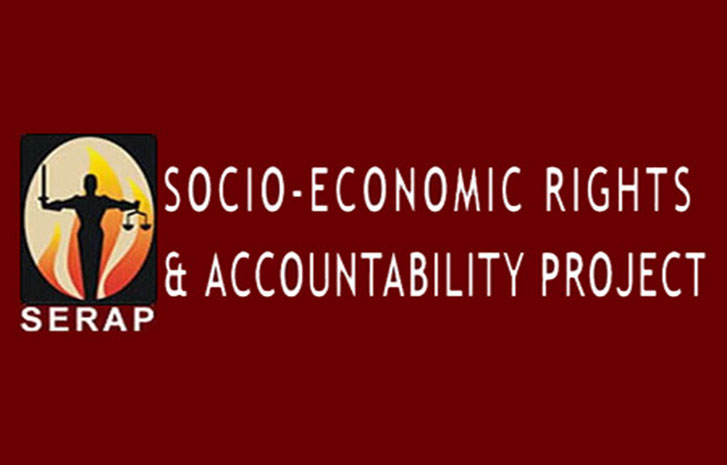


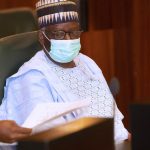


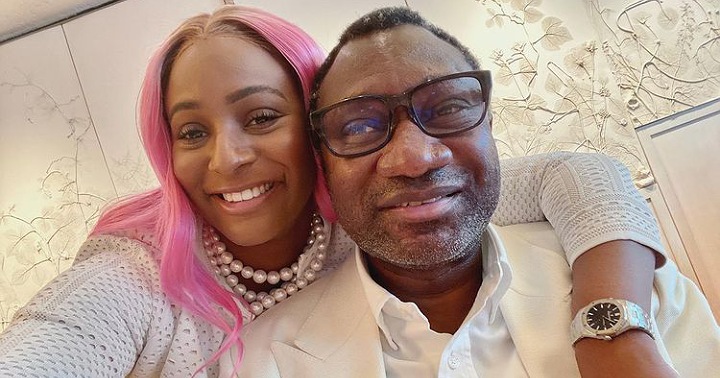

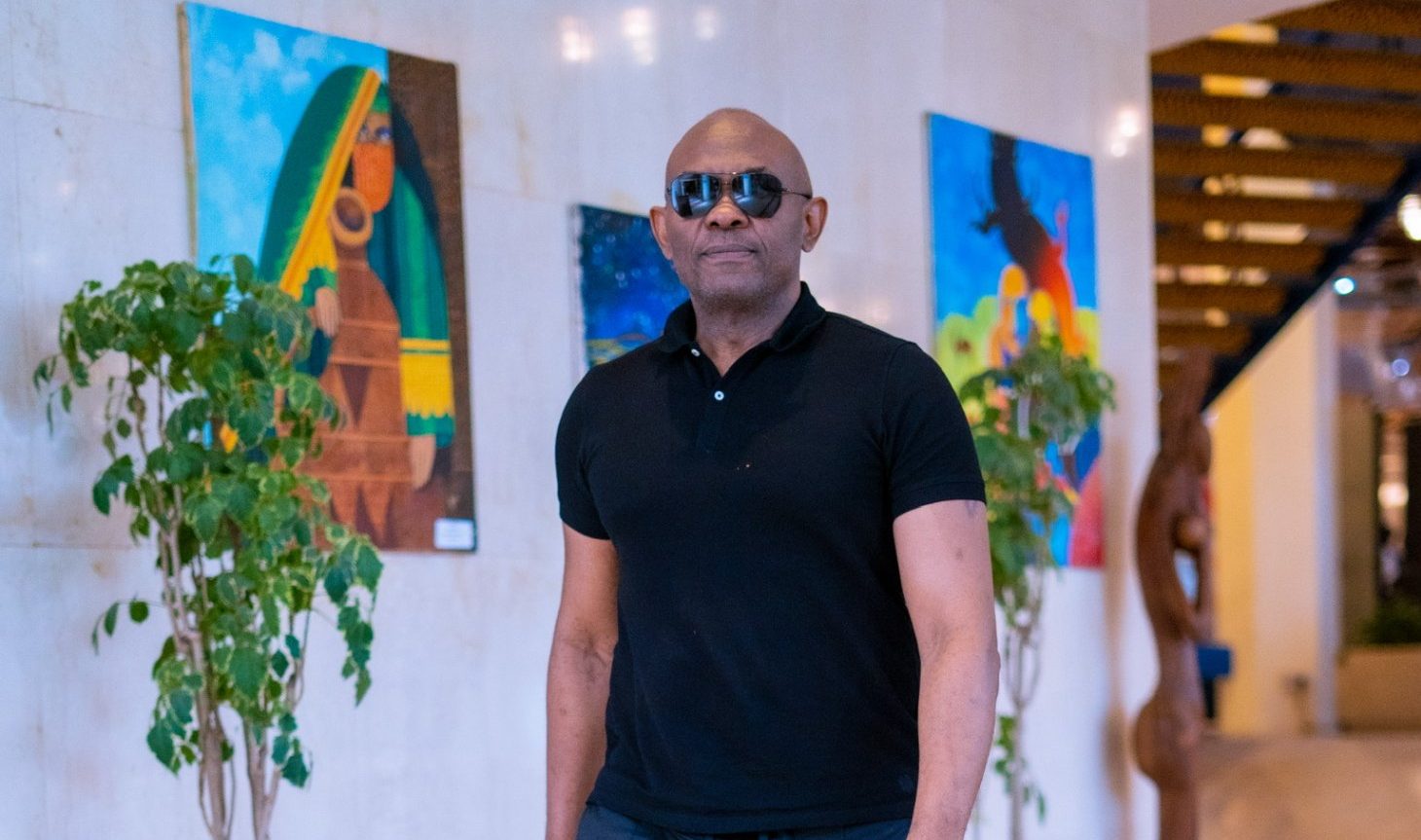

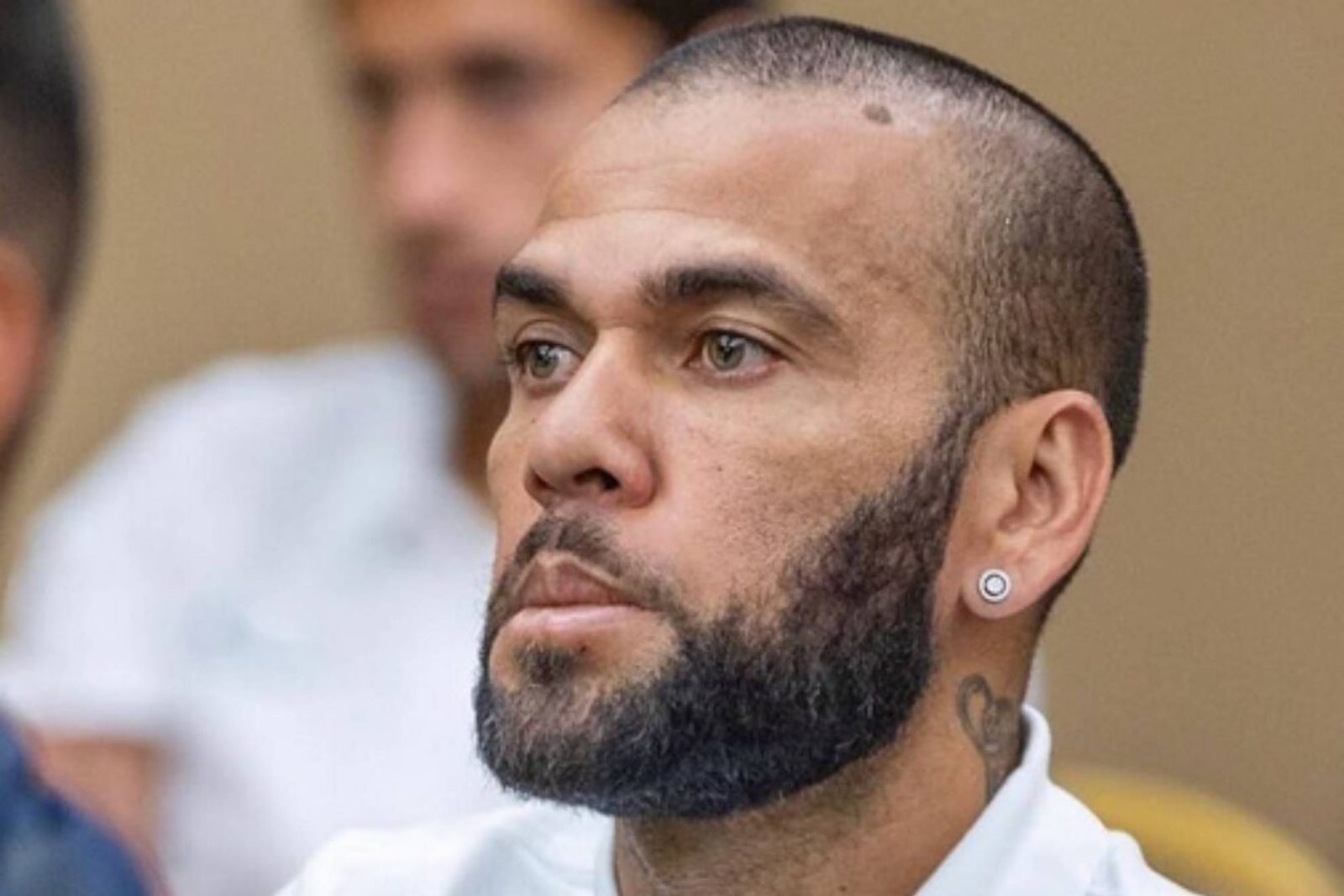


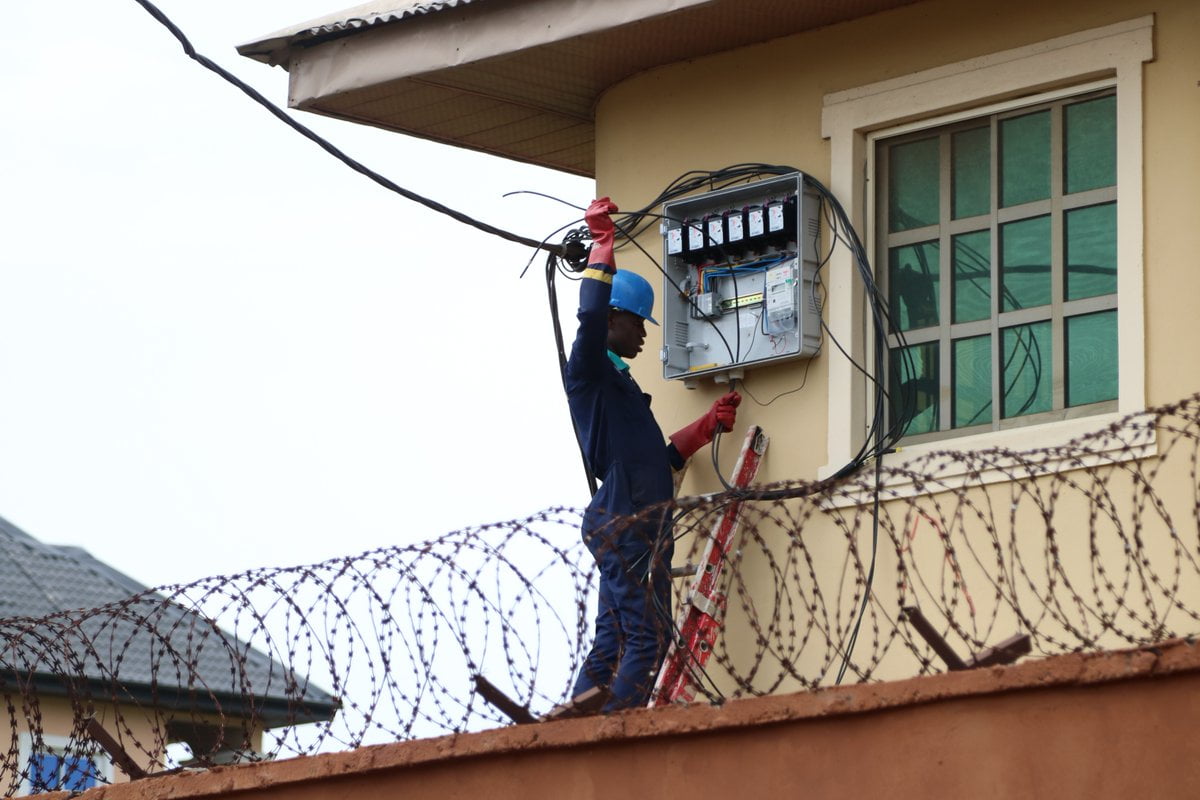
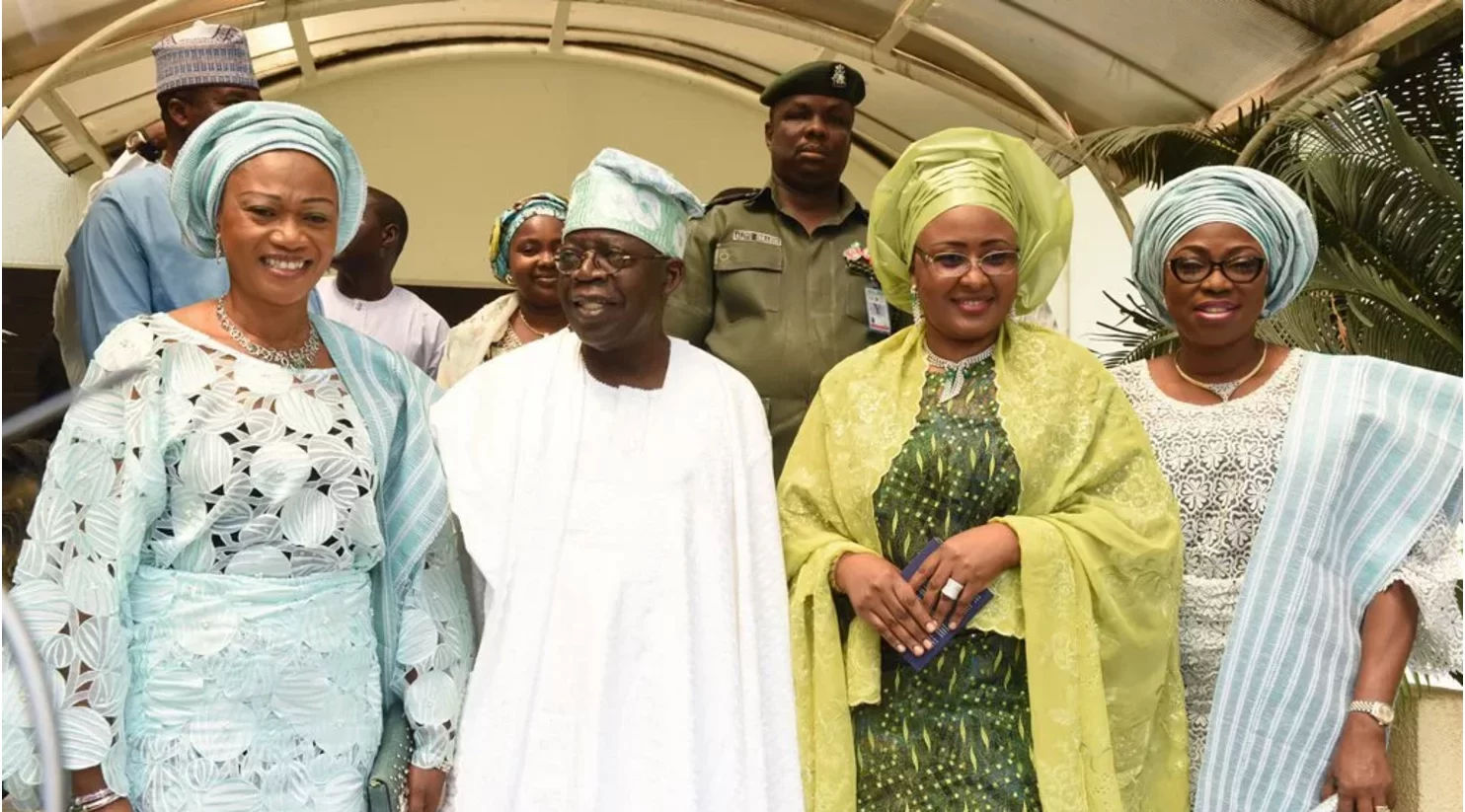

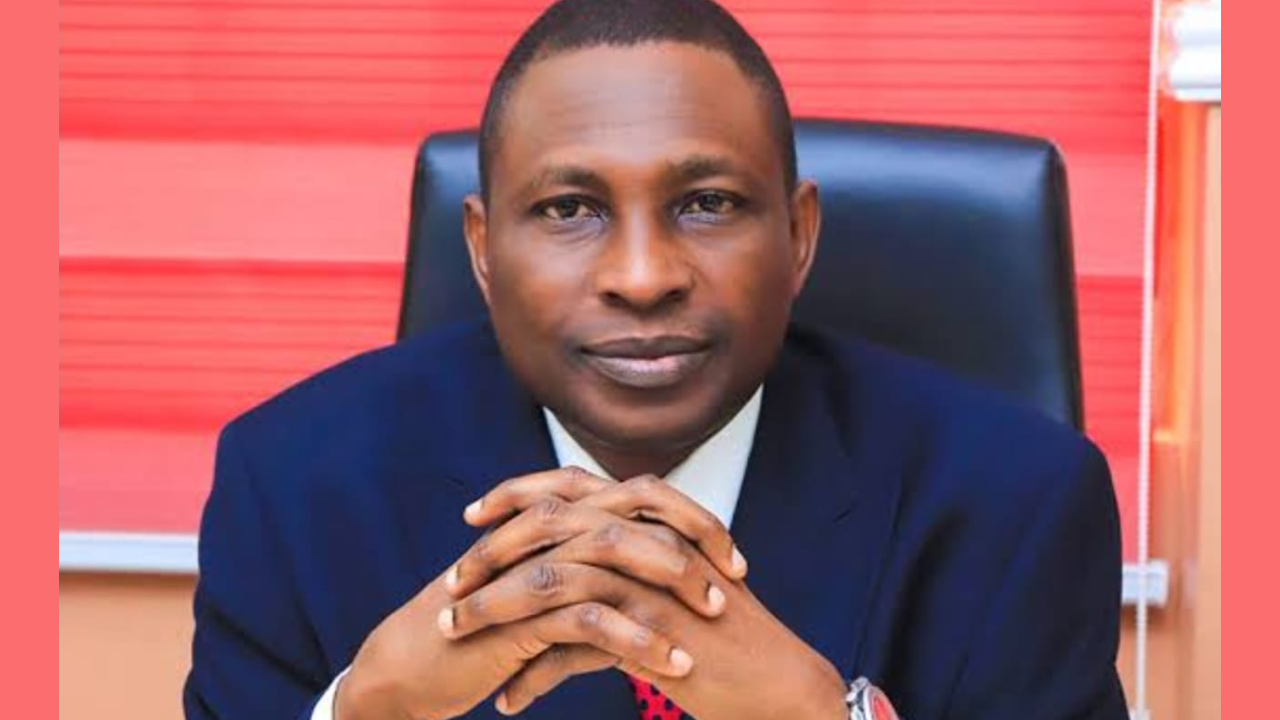
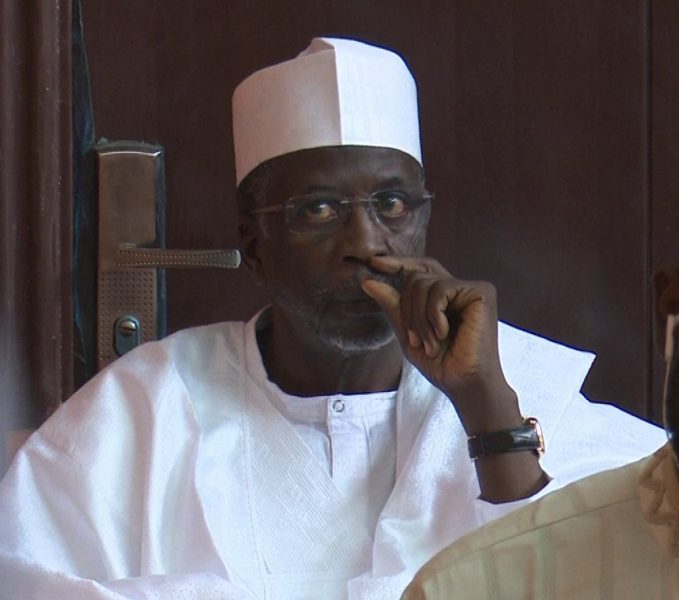
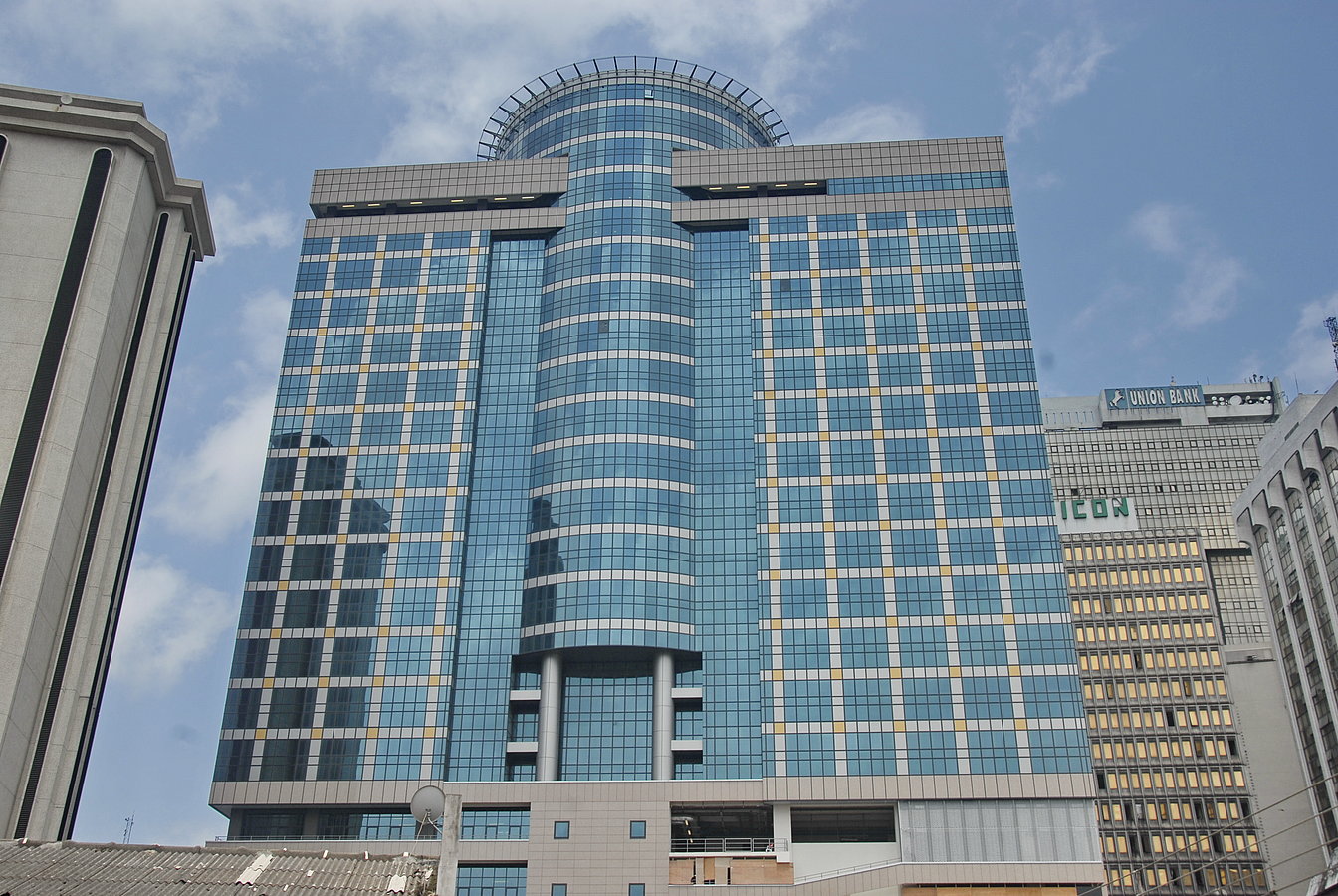




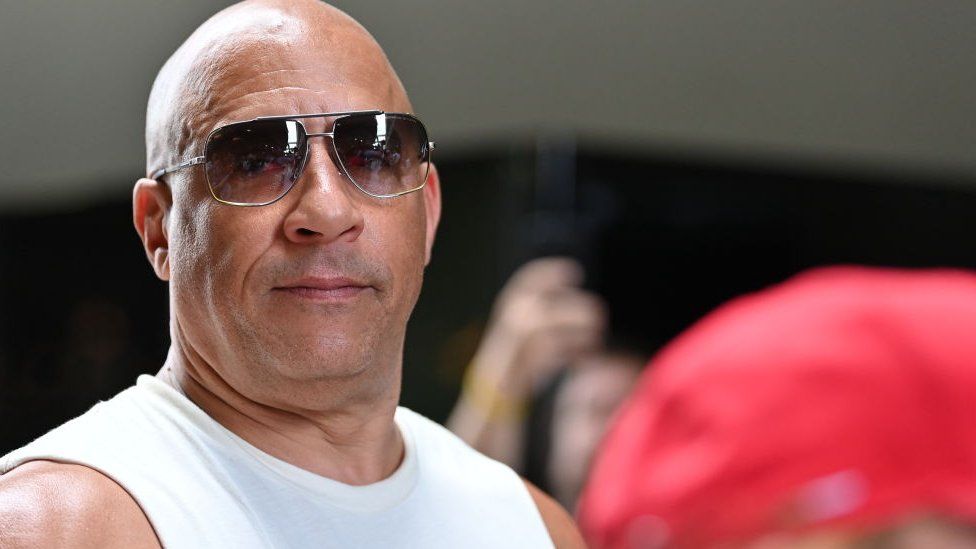

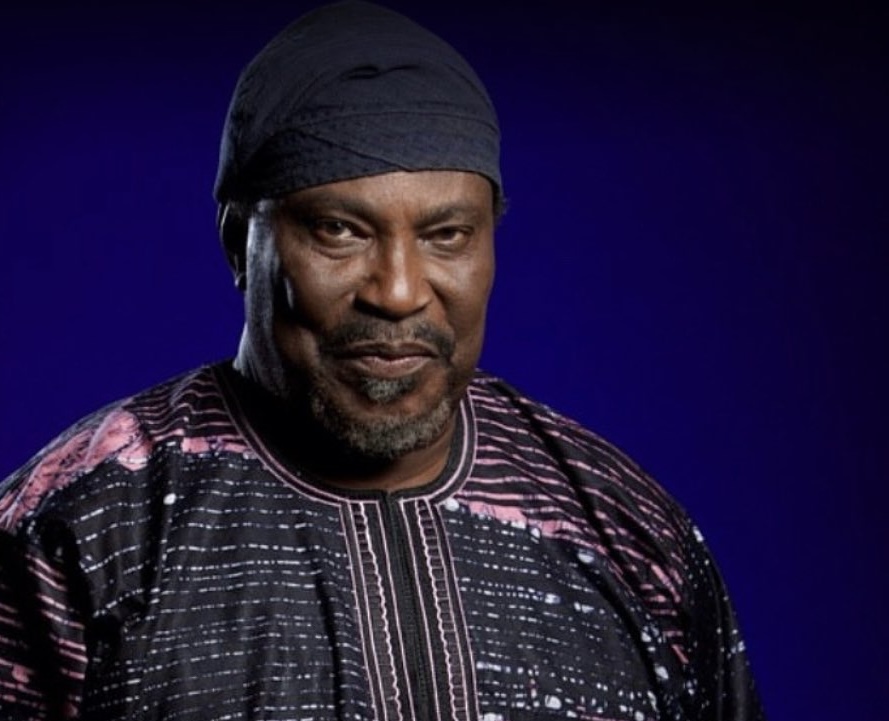


Leave a comment